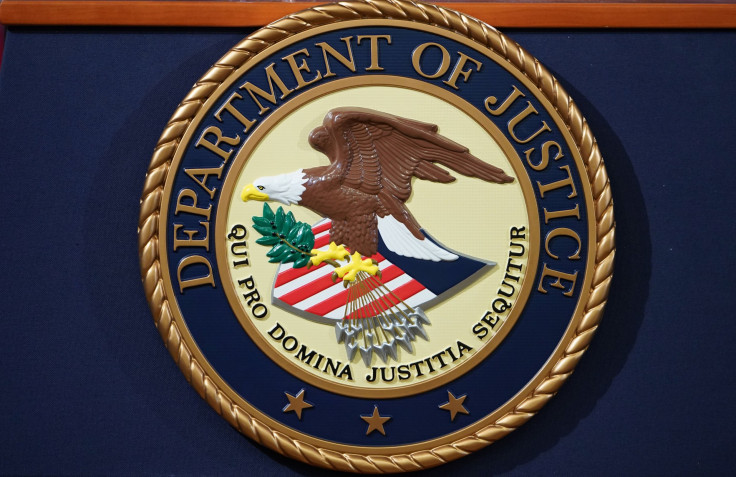Mergers And Acquisitions: Breaking Down Compliance Issues

Mergers and acquisitions can be tricky – particularly if illegal activity is discovered. When it comes to FCPA enforcement, though, compliance officers involved in the M&A process can breathe easier, based on a recent speech from a Justice Department official. Let’s look at M&A-related compliance issues and the government’s current stance.
Taking the Sting Out of Inherited Liability
Worries about non-compliance shouldn’t prevent M&As, according to the Department of Justice. Deputy Assistant Attorney General Matthew S. Miner gave a speech earlier this year about the DOJ’s FCPA Corporate Enforcement Policy. The DOJ prefers to decline to prosecute if a company voluntarily discloses FCPA trouble and cooperates with regulators to resolve the issue — it also applies to the inherited FCPA liability a company picks up through mergers and acquisitions.
This stance is not particularly shocking. The DOJ has worked for several years to give companies more enticement to confess their FCPA sins and work with prosecutors to hold individual wrongdoers accountable. The FCPA Corporate Enforcement Policy cemented that position.
It logically follows, then, that the DOJ would apply these changes to inherited liability. Miner’s message just spoke aloud a conclusion many compliance professionals already expected. Still, the FCPA Corporate Enforcement Policy touches on some deeper trends in business today that very much affect compliance programs and the compliance officers who run them.
Business-Friendly Policy
The trick is not to take a yard after being given an inch. Miner’s comments may lead some to become complacent or lax when it comes to pre-acquisition due diligence, so long as they still disclose any trouble that surfaces post-acquisition. That is, they might still view compliance as a “bolt-on” process performance at the end of a business transaction (the M&A deal), rather than something embedded into the process from the start.
That’s not a good long-term strategy. Regulators already have standards and expectations on pre-acquisition due diligence, so compliance officers should be invited into M&A reviews from the start on those grounds alone. It also misconstrues the message Miner was trying to convey: that fear of FCPA enforcement shouldn’t scare companies away from closing a lucrative deal. On the contrary, the Justice Department is happy to see companies with strong ethical cultures expand internationally, because “the acquiring company is in a position to right the ship by applying strong compliance practices to the acquired company,” as Miner said.
The DOJ wants to foster a business-friendly environment by lowering regulatory enforcement risk such that companies feel comfortable pursuing M&A deals even in high-risk organizations. Their vehicle to do that is the FCPA Corporate Enforcement Policy — essentially, the idea is that the enforcement risk goes away, so long as your company makes a good-faith effort toward ethics and compliance. So, you still need to make the effort.
Remembering What’s Important
Therefore, all the pre-acquisition due diligence efforts – background checks on key personnel, adverse media reports, assessment questionnaires, audits or transactional testing and more –– are always going to be vital to M&A deals. They demonstrate the company’s effort to find misconduct and lay the groundwork to remediate trouble. Without those parts of the program, the company can’t meet the three pillars of the FCPA Corporate Enforcement Policy and win a chance at an easier resolution of trouble.
To sum up, these three pillars are:
1. Disclosing the violation voluntarily
2. Fully cooperating with the Justice Department in ensuing investigations
3. Fixing the internal control or policy weaknesses that resulted in the violation to begin with.
Compliance officers also need to consider the people issue. Once the deal closes, what will the combined ethics and compliance structure look like? How will executives at the target company be brought under the compliance program’s auspices, especially if they’re used to more autonomy? How will policies be expanded, or amended, or even canceled?
Compliance professionals are quite familiar with these questions, but they do bring up the other principle of the FCPA Corporate Enforcement Policy: a willingness to disclose trouble voluntarily. That is what Miner’s speech wanted to call out: disclosure of FCPA trouble is nothing to be feared. FCPA trouble is still trouble, and it will need to be addressed — hence the need for strong ethics and compliance programs.
The DOJ wants to make sure companies uphold the law so that business is fair for everyone; they don’t exist merely to “bust” people. Their position and regulations must be considered along each step of the M&A journey. In this way, compliance officers will organically build ethical practices into all phases of the business.
Valerie Charles is chief strategy officer at GAN Integrity, which provides a completely integrated compliance solution for global businesses.
© Copyright IBTimes 2025. All rights reserved.





















